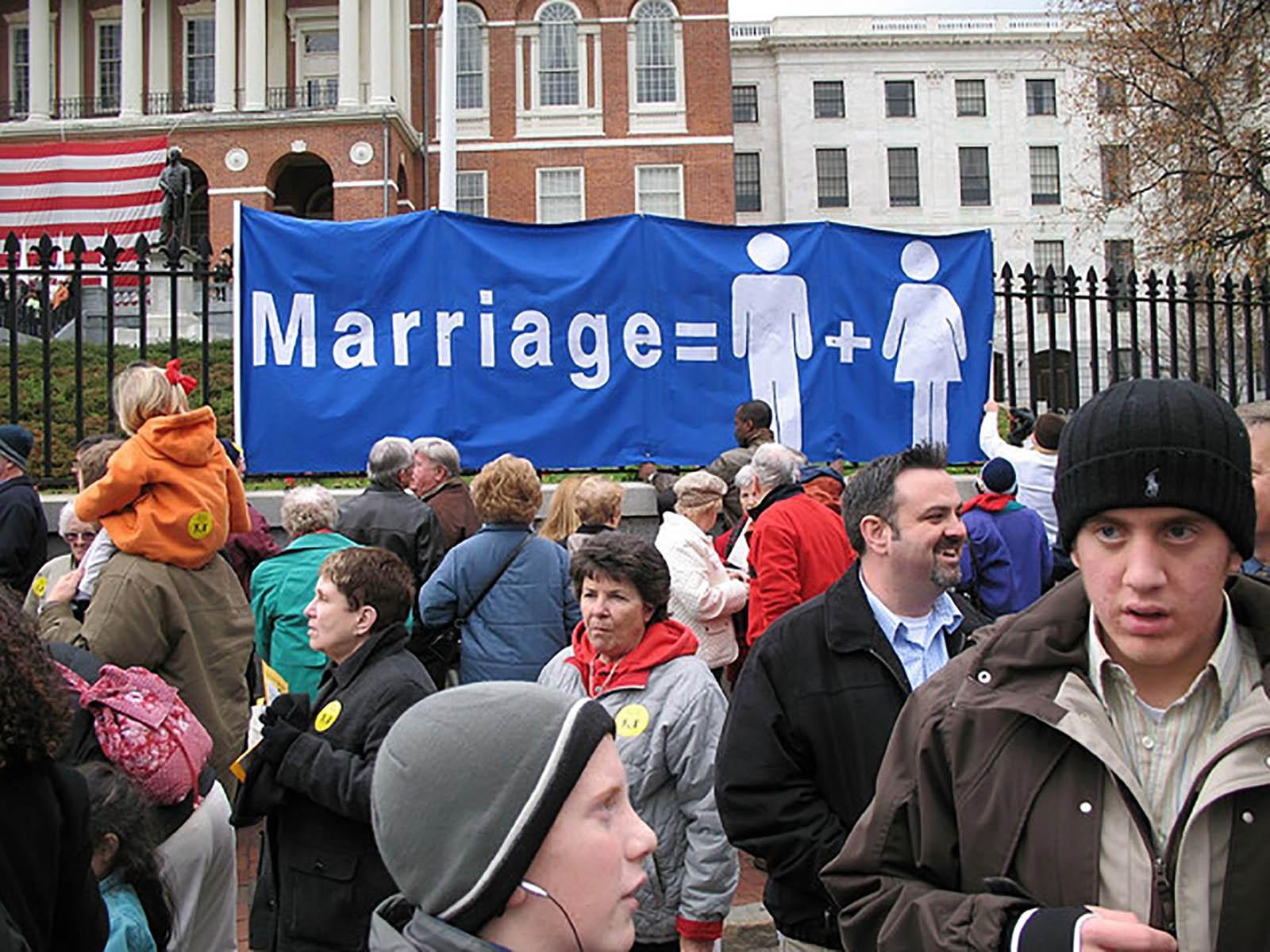
It would seem that Kim Davis, the county clerk of Rowan County, Kentucky, has been stopped in her tracks.
Yesterday, Davis, who has been making headlines lately because of her resistance to grant marriage licenses to same-sex couples, was jailed for contempt of court. Davis argues that she has an inherent right to freedom of religion as granted by the U.S. Constitution, and that granting same-sex marriage licenses would be a violation of that right.
Davis absolutely has a right to practice her religion freely. However, when you choose to work for the United States justice system, you are either explicitly or implicitly taking an oath to uphold the law of the land — the law of God isn’t the same, freedom of religion or not.
In other words, as a government employee, Davis has a duty to the American people. She has a duty to help those in need. She has a duty to comply with the law. Once Davis took on that responsibility, she forfeited her license to infringe on the rights of others in the name of religious freedom. If Davis no longer wished to accept her duties as a government employee, she simply should have quit.
Some may question the fact that Davis was jailed instead of simply fired from her position. However, Davis reportedly had multiple chances to change her stance and grant the marriage licenses. Even still, she was in clear violation of the law. This is plain and simple. If a mailman steals your letters for an entire year and is fired, he still must be put on trial for his crimes. He can’t simply walk away from the fact that he stole those letters because the government decided to remove him from his position. The same goes for Davis. Whether or not she was fired, she still must face the penalty for her crimes.
Perhaps if Davis were a church minister tasked with marrying a same-sex couple, or a private bakery owner who was asked to create a cake for a gay couple’s wedding, the outcome here would be different. Neither the minister nor the baker are bound by a legal oath or contract to serve the people in the name of the U.S. government. Contrarily, it is in Davis’ job description as a county clerk to serve others in the name of the law.
This issue raises a significant question in the vein of religion in the workplace. If Davis isn’t allowed to practice her beliefs in her government position, should other religious practices be prohibited as well? Can Muslim women still wear their hijabs to work at the DMV? Can Jewish men still wear a yarmulke to their job at the post office?
Clearly, the line separating church and state is blurred. But as the law currently stands, these government employees have a right to practice their religion freely in ways that don’t directly infringe on the people they are supposed to be helping. The United States tends to protect the religious beliefs of the collective, rather than the individual.
Davis is free to wear a cross necklace, or pray before she has a meal. No one is taking away her right to be a Christian. Hypocrisy only arises when Davis’ inherent devotion to Christianity affects the lives of others. Her bigotry won’t be at all affected as she signs a marriage license for a gay couple. But the gay couple will be affected greatly by her resistance to grant them permission to enjoy the privileges that come with marriage, as granted by the law in the United States of America.
What Davis must realize is that these marriage licenses are government-issued. They are marriages under law, not marriages under God. A marriage performed in a courthouse isn’t legally the same as a marriage performed in a church. By choosing a government job, Davis has sacrificed her right to express her religious views in a way that outwardly affects others’ actually-legal rights.
Perhaps this woman is attempting to achieve some sort of martyrdom. Even after insisting she wasn’t intending to become a spokesperson for her cause, Davis has become just that. It is safe to say that a generous amount of the Kentucky population will come out in support of Davis’ cause, just as quite a few of the 2016 Republican presidential candidates have.
There is a precedent to be set here. After all, this is a first for the U.S. government: no other federal employee has been arrested for contempt of the court since the June 26 Supreme Court ruling in favor of legalizing same-sex marriage. It would seem that many U.S. citizens are still fuming over the decision, and it is for this reason that some are so quick to support Davis.
The lesson we can learn from Davis’s case is actually quite simple: the Supreme Court’s decision is reigning prominently in the government. If a government employee attempts to stifle this cause with outward bigotry and a distinct resistance to helping same-sex couples, they will be arrested and given a fair trial. The government isn’t messing around.